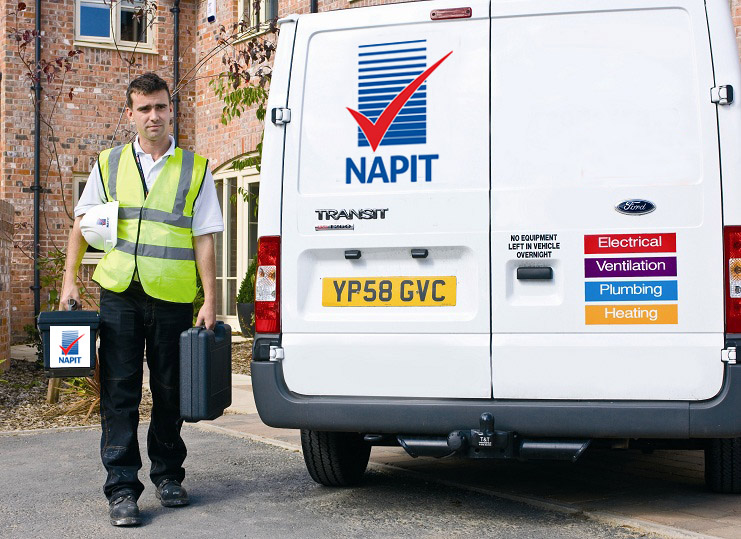Elementor #1280
Can you afford to be unable to work and lose your usual income? Sickness and accidents do not discriminate – they can affect anyone at
With the increased cost of fuel in today’s uncertain climate, improving fuel efficiency can have many financial and environmental benefits – both on a business and personal level.
Fuel can be one of the largest and most difficult expenses to predict and control. Therefore, it’s important to conserve fuel, maximise efficiency and reduce vehicle emissions by implementing fuel-efficient policies, technology and maintenance strategies.

Whether you have a fleet of vehicles, a single business van or a family car, here are some top tips to help control costs and be fuel efficient:
These simple suggestions can help your business and personal vehicle journeys become more fuel-efficient and as a result, control some of the costs involved with driving.
To find out more about vehicle insurance and risk management, talk to our friendly team.
Give us a call: 0330 9000 701 or send us an email: info@napitinsurance.co.uk
Can you afford to be unable to work and lose your usual income? Sickness and accidents do not discriminate – they can affect anyone at
Tool theft from vehicles is on the rise – is your insurance cover up to date? There has been a significant increase in tool theft
5 reasons the NAPIT Insurance team is the go-to broker for NAPIT members: One of the key benefits of being a member of NAPIT is
Could your business cope with unexpected legal costs? If you’re running your own business, as well as your day-to-day job, you probably have to deal


About NAPIT Insurance